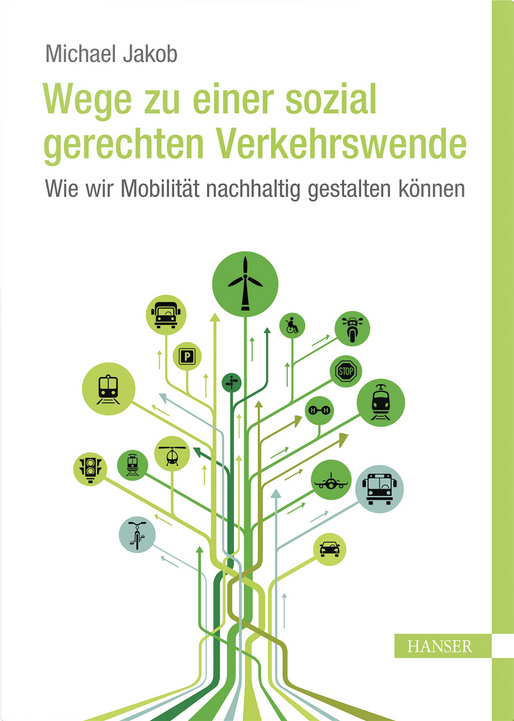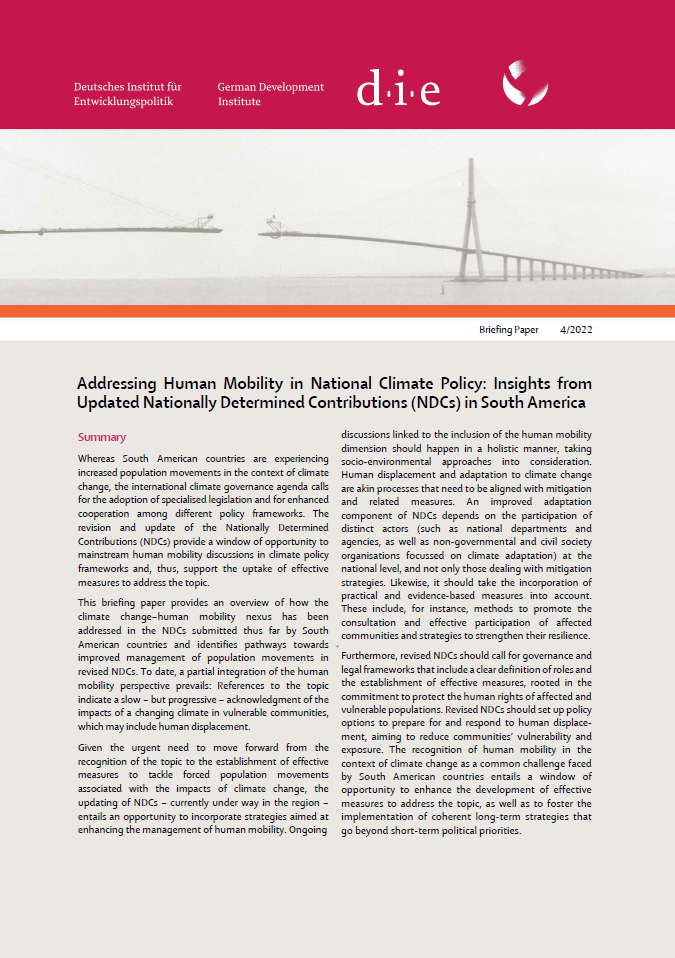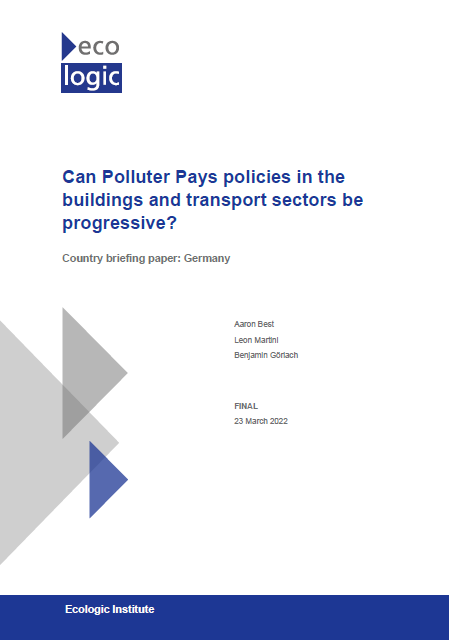The transport sector is one of the main emitters of greenhouse gases. To meet the demands of the Paris Climate Agreement, a radical transition in transport policy needs to be initiated. In this book, Dr. Michael Jakob (Ecologic Institute) discusses the opportunities and challenges involved in the transport transition from the perspective of ecological and social sustainability.
Michael Jakob provides an overview of current emission trends and shows ways to achieve net-zero emissions, such as switching to rail transport, electromobility and e-fuels. He presents options for action to shape sustainable mobility, with a particular focus on policy measures. These include CO₂ pricing, the promotion of alternative drives and fuels, fleet emission limits, and speed limits. In this context, Michael Jakob also explores the impact of the transport transition on social justice. He addresses the question of how cost increases and structural change in the automotive industry can be managed in a socially acceptable way. A look at the geopolitical consequences of moving away from fossil fuels rounds off the content.
Anyone who wants to get a quick overview of the central issues of the transportation transition will find the necessary basic knowledge in a compact form in this book. At the same time, it provides an excellent starting point for delving into selected topics in more detail. The book focuses on facts and results from science and research, thus creating a neutral basis that leaves room for forming one's own opinion about the future of our mobility.





